Abraham Lincoln was elected the 16th President of the United States on November 6, 1860. His election marked a turning point in US politics, as he won on a platform opposing the expansion of slavery into new territories.
On this day in 1962, the United Nations General Assembly (UNGA) condemned apartheid in South Africa.
Here is all that took place on this day across the world.
Abraham Lincoln elected president
Abraham Lincoln became the first Republican to win the presidency on this day in 1860. His victory reshaped the nation and set the stage for the American Civil War.
The 1860 election was one of the most divisive in American history. The Democratic Party had split into Northern and Southern factions — with Stephen A Douglas representing Northern Democrats and John C Breckinridge the Southern Democrats — while John Bell of the Constitutional Union Party appealed for national unity. This division among his opponents helped Lincoln secure the presidency with less than 40 per cent of the popular vote, though he won a clear majority in the Electoral College.
While Lincoln’s victory was celebrated in the North, it was met with outrage in the South as many viewed it as a direct threat to slavery and their way of life. Within weeks of the election, South Carolina announced its secession from the Union, followed by six other Southern states. These secessions ultimately led to the formation of the Confederate States of America in early 1861.
Despite never appearing on the ballot in most Southern states, Lincoln’s election signalled the growing power of the anti-slavery movement and the deepening rift between North and South. His calm but firm resolve to preserve the Union would define his presidency and his enduring legacy.
UN condemned apartheid in South Africa
The United Nations General Assembly took a historic stand against racial segregation by condemning apartheid in South Africa on November 6, 1962. In a landmark resolution (Resolution 1761), the UN called upon all member states to cease diplomatic, economic, and military relations with South Africa until it ended its policy of racial discrimination.
The apartheid system, formally introduced in 1948 by the ruling National Party, institutionalised racial segregation, disenfranchising the Black majority and enforcing strict divisions in housing, education, and employment. By the early 1960s, reports of brutal police repression, forced removals, and the imprisonment of anti-apartheid activists like Nelson Mandela had drawn widespread global outrage.
Resolution 1761, passed by an overwhelming majority, marked the first time the UN formally condemned apartheid as a violation of human rights and international peace. The resolution also established a Special Committee on Apartheid, tasked with monitoring the situation and recommending further action. Although not legally binding, the vote signalled a growing international consensus that apartheid was morally indefensible and incompatible with the principles of the UN Charter.
Western powers such as the United States and the United Kingdom initially abstained, citing political and economic concerns, but pressure from African and Asian nations, many of which were recently decolonised, was decisive in pushing the measure forward.
This Day, That Year
American politician Tammy Baldwin became the first openly gay person to be elected to the US Senate in 2012.
US President Ronald Reagan won re-election in a landslide victory in 1984.
The second phase of the Russian Revolution of 1917 began on November 6.


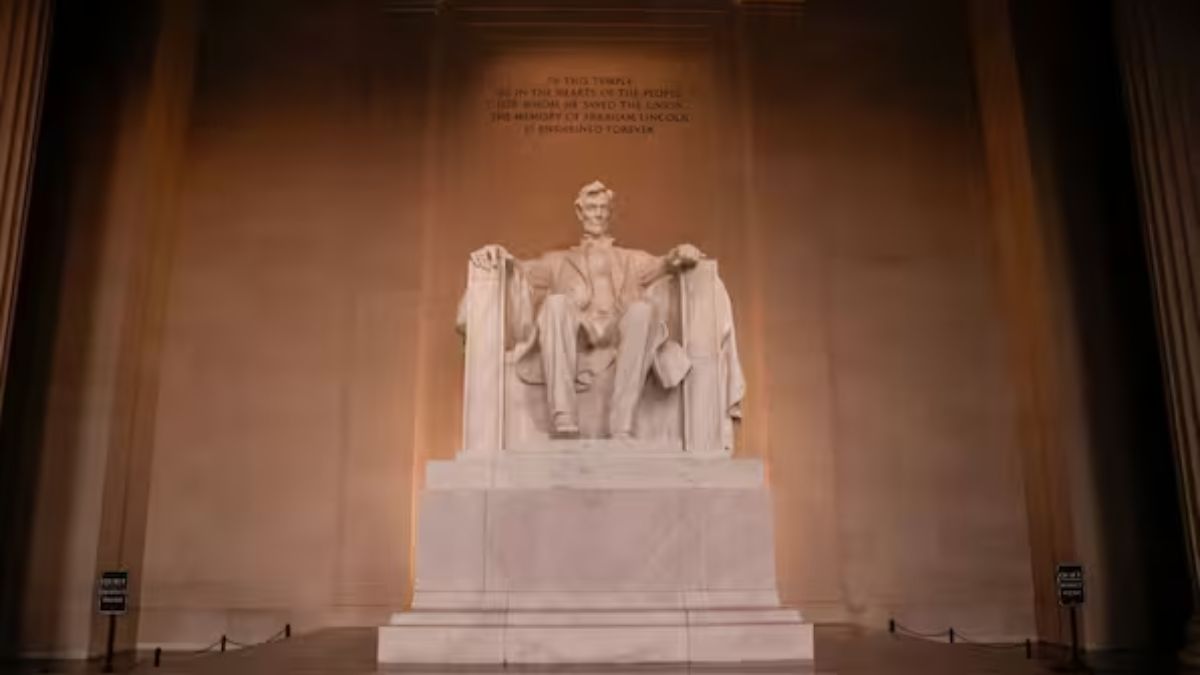)
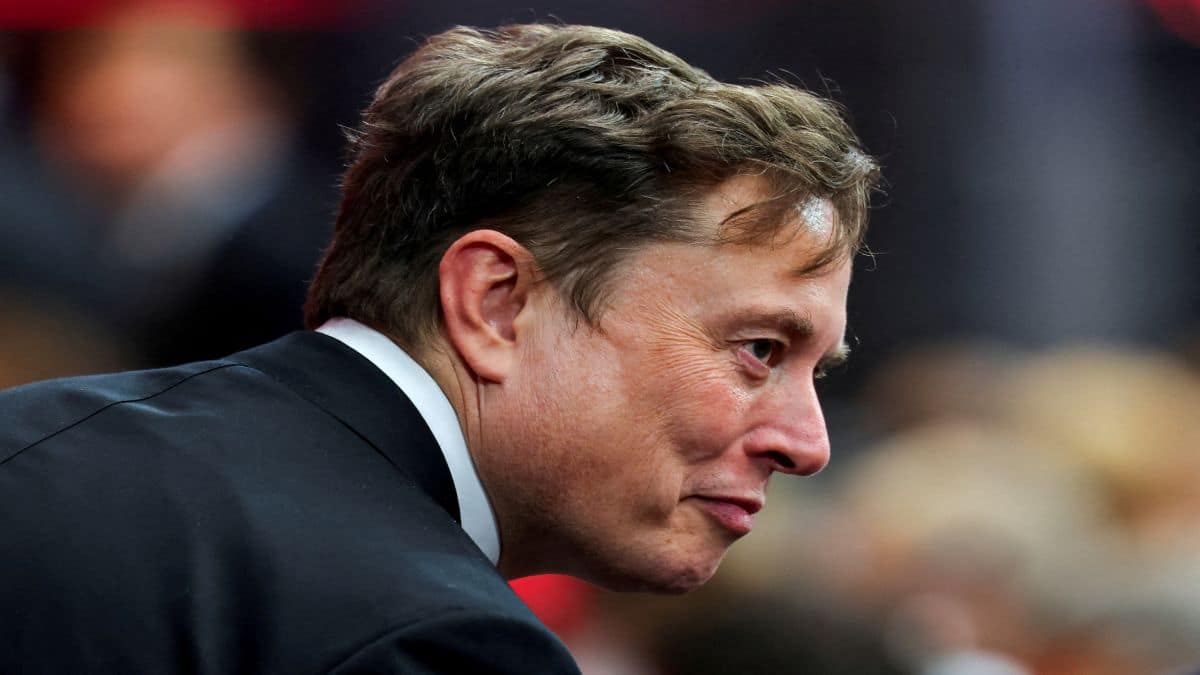
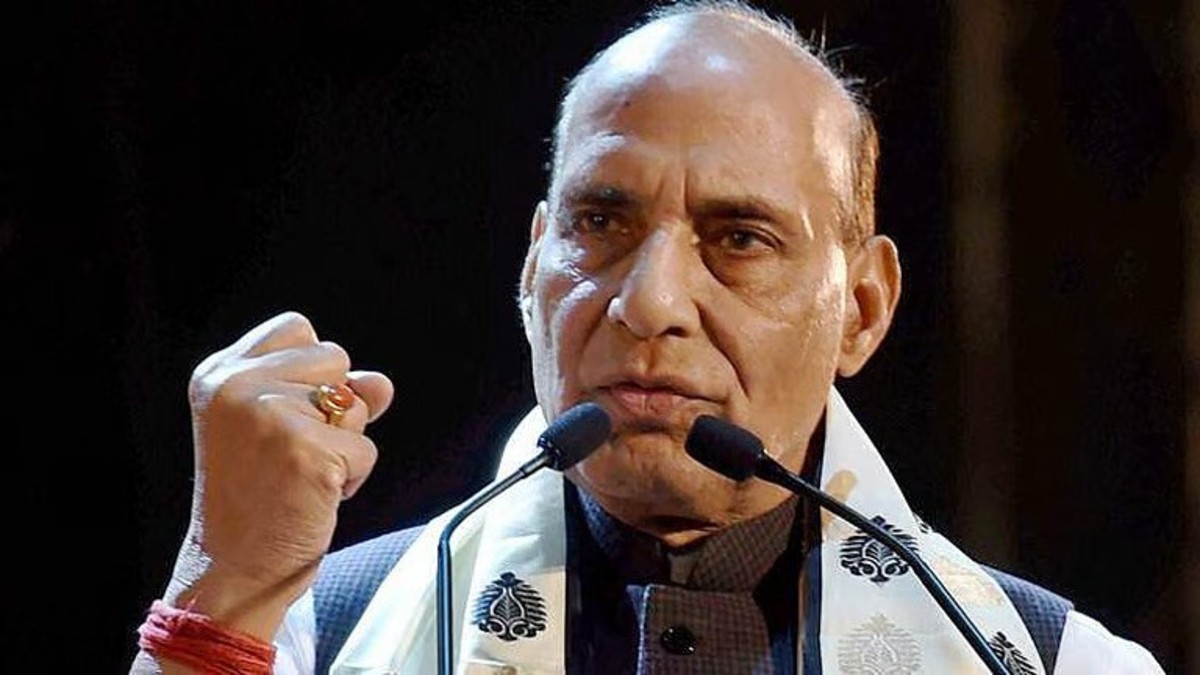)
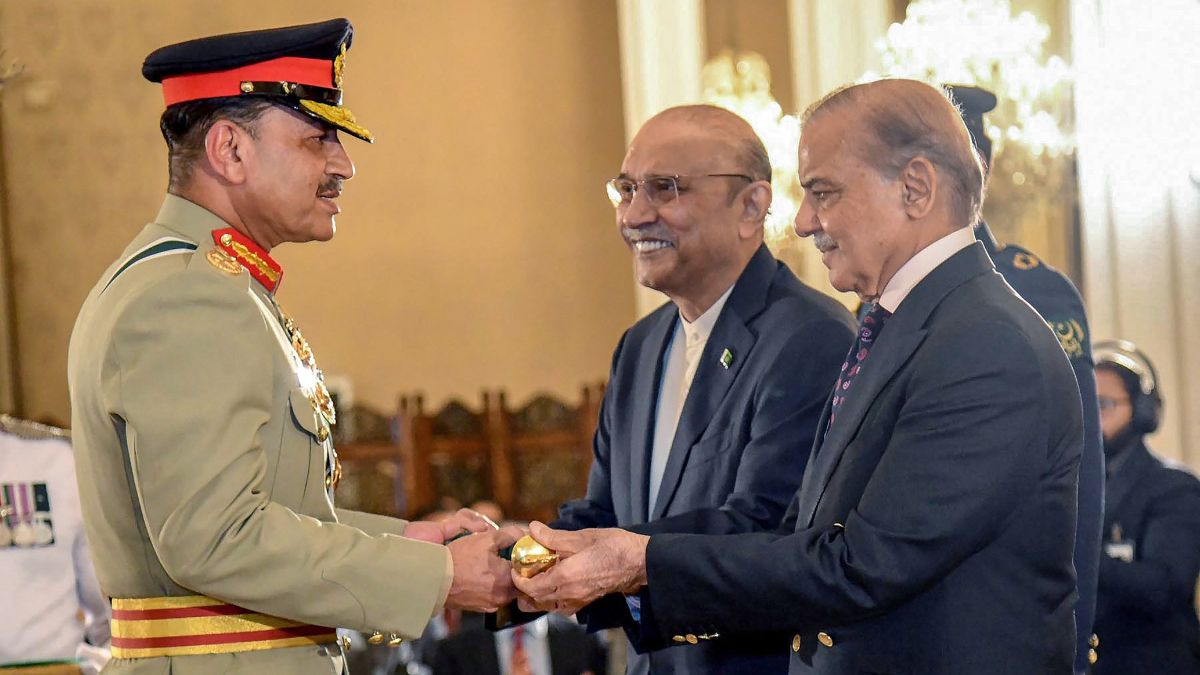)
)
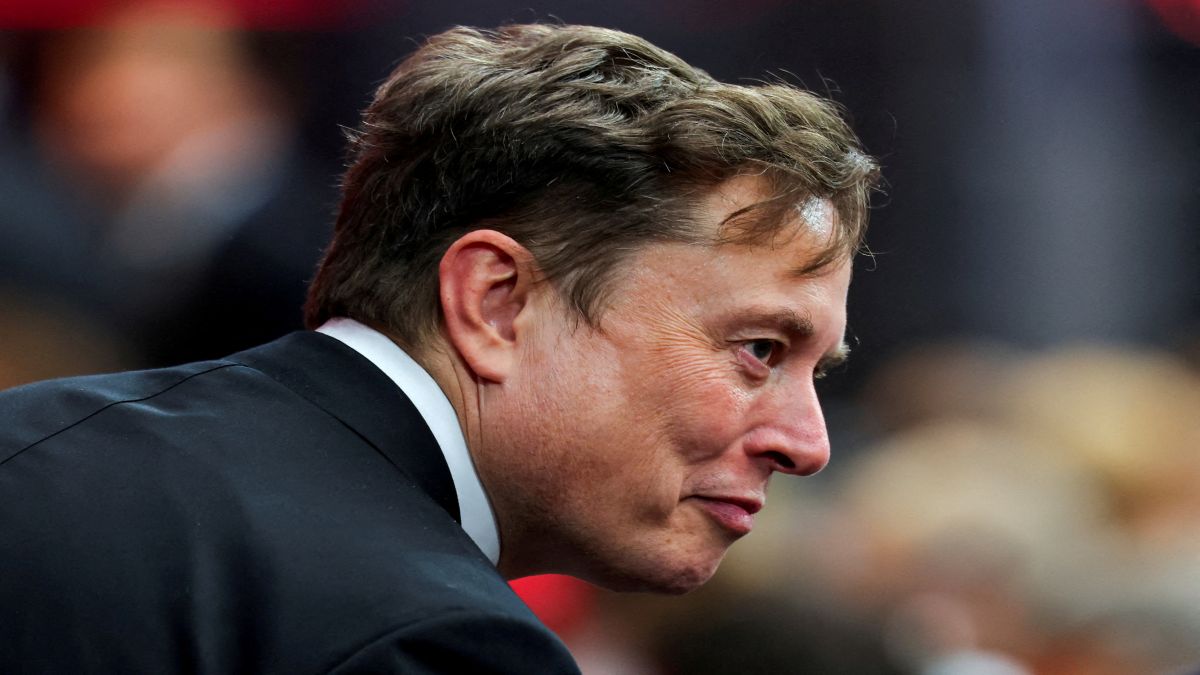)
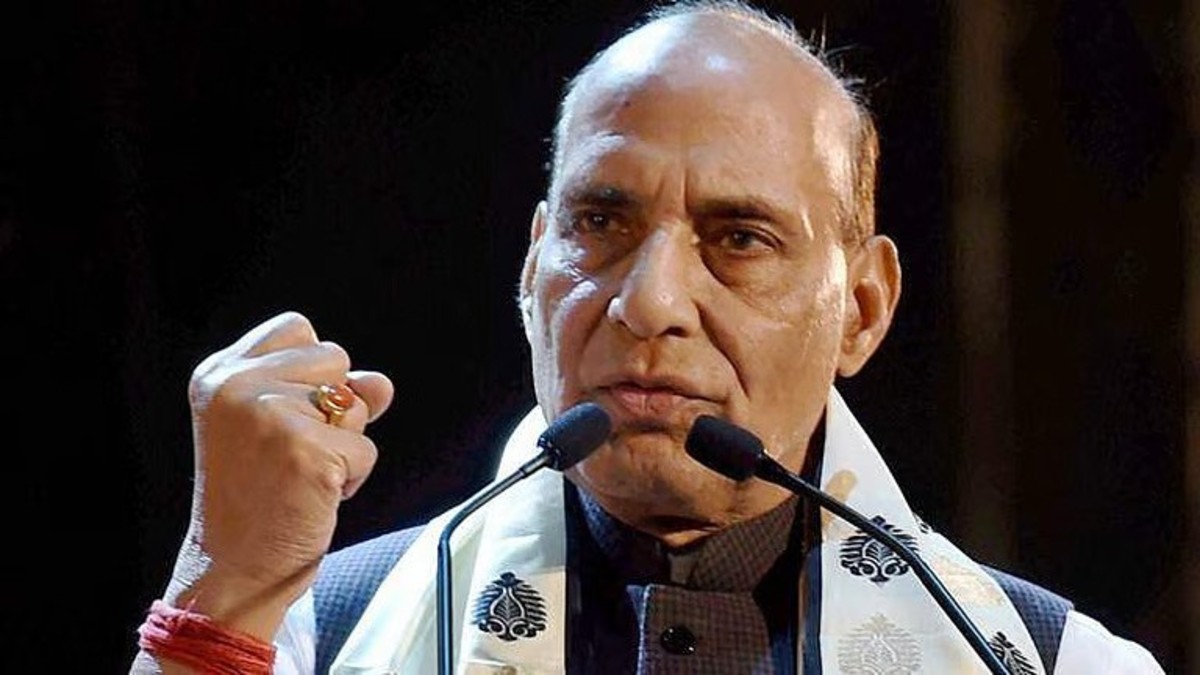)
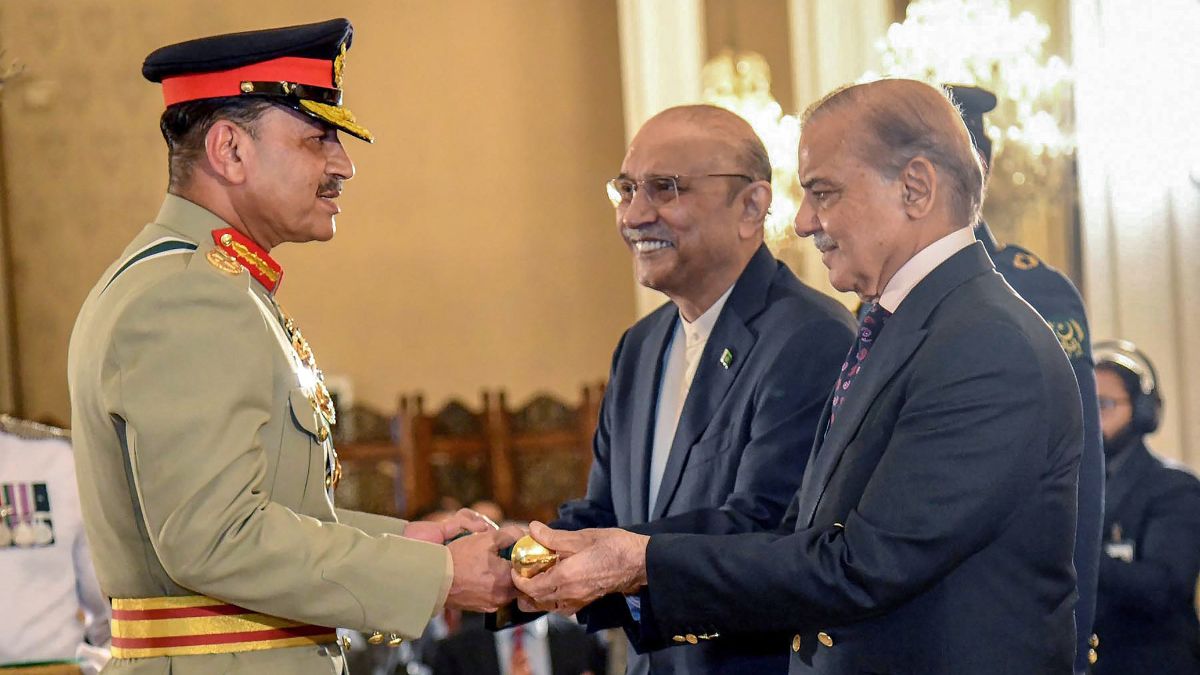)
)
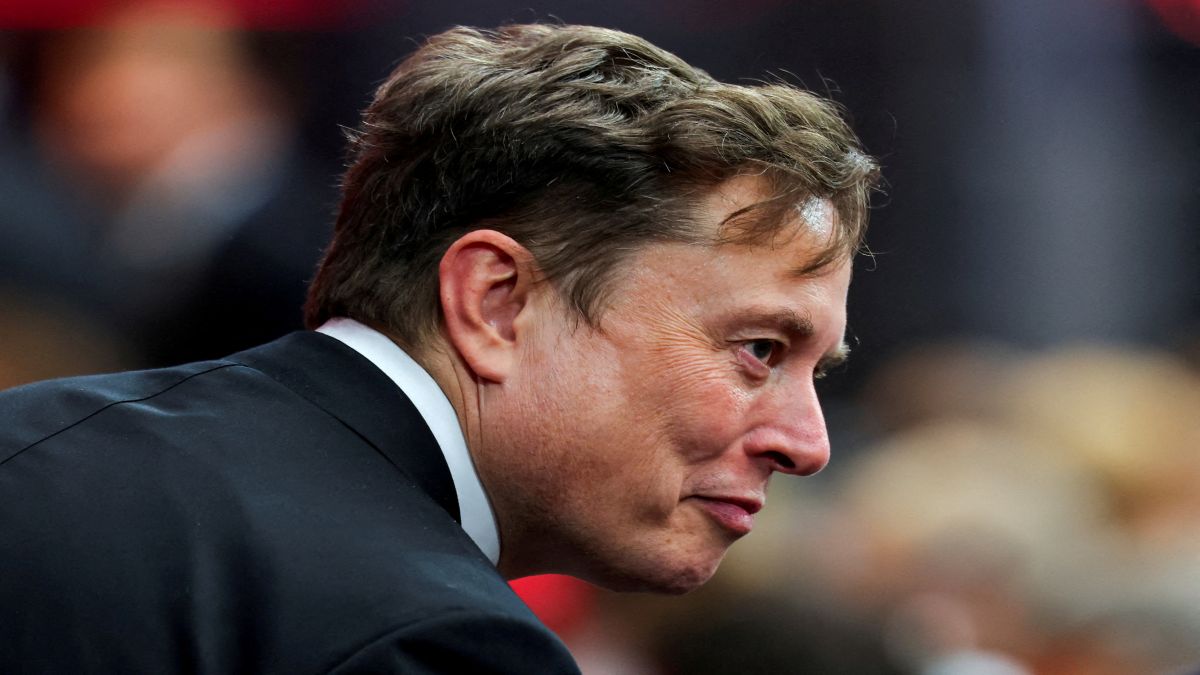)



